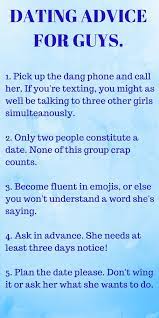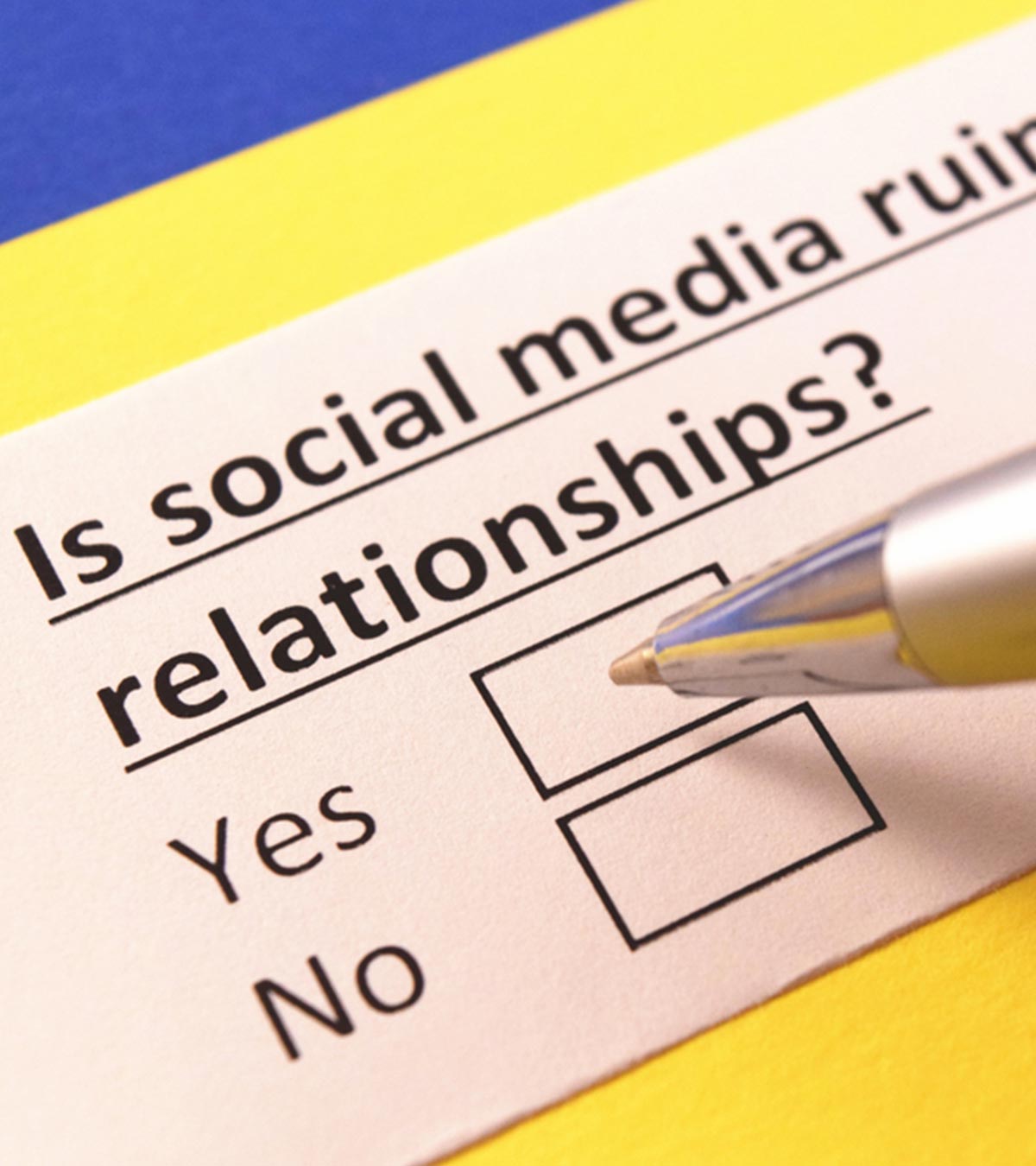
If you are in a relationship and you notice yourself sabotaging it, you may be guilty of self-sabotage. If you're in a relationship that is committed, this behavior could be detrimental. It can lead to feeling trapped or helpless which can drive a woman away. Men sometimes self-harm their relationships by getting into arguments without a reason. In order to provoke a reaction, they can turn a minor disagreement in to a major argument.
Avoiding self-sabotaging relationships
A key part of building healthy relationships is not to self-sabotage your relationships. Self-sabotage will only end up hurting yourself and your partner. Sometimes, you may not even be aware that you are doing it. This can be an unconscious pattern that is rooted in previous relationships, where you might have been hurt or too protective of your feelings. This can lead to more fights and worsening of the relationship.
Setting boundaries is a good way to prevent self-sabotage. When you cross boundaries, you risk hurting your partner or driving them away. Instead, practice self-love. Self-compassion is a great way to improve self-love.
Self-sabotage can be a hard habit to break. They can be related to past trauma or a problem with substance abuse. It may be hard to break these habits unless you have a solid understanding of their root cause. You may be interested in therapy to address the root cause. BetterHelp has more than 20,000 licensed therapists available online, which means you can find a therapist who is right for you. Start therapy as low as $60 per Week
Identifying triggering events
Self-sabotaging relationships is often a way to escape a relationship or to pursue new interests. You need to be able to stop yourself from harming your relationships. This begins with identifying the triggers that cause you to do it.

It is possible to forget the trigger events of self-sabotage. It might be necessary to go through boxes and search for them. This will help bring back past events that had an impact on you.
A fear of communicating is one of the main obstacles to self-sabotage of relationships. This is especially true if you are discussing negative aspects of the relationship. You can conquer this fear and break the cycle.
To break the cycle, it is important to identify the triggers of self-sabotage. It starts with identifying the emotions that set the cycle in motion. You may act out if you are feeling uncomfortable. You can use the Feeling Wheel to identify triggers or consult a therapist.
Ending self-sabotaging relationships
You must first identify the issue and fix it. Take a look at your partner's expectations, and how they impact their behaviour. This can lead to self-sabotage and unrealistic expectations. Your partner can also help you to identify the problem and find solutions.
Self-sabotage can also be caused by jealousy. If you're jealous of someone, you may be holding back parts of yourself for fear that they will be rejected or abandon you. If you feel withdrawn, it could lead to a breakdown in your ability to establish a healthy relationship.
It can be hard to have intimate relationships that are fulfilling. Although self-sabotage can be detrimental to your life, you still can have a happy relationship. This is often a sign of a deeper issue in your self-esteem or mindset.
Signs of self-sabotage within relationships

For many reasons, self-sabotage can be a problem in relationships. This behavior may be unconscious and can have devastating effects on your relationship. It can lead to grudges or avoidance of communication. These behaviors can cause a partner to become angry and leave the relationship. A partner who self-sabotages relationships can also result in having an affair.
Fear of failure can also lead to self-sabotage. People who fear rejection and failure will often avoid relationships. They may present excuses, or even close their relationships to avoid having the emotional intimacy that they need. Self-sabotage could also be intentional.
Another common sign of self-sabotage is poor communication. If your partner is constantly criticizing you, or sabotage your relationship, then it could be a sign of self-sabotage. If your partner is constantly critiquing you, or sabotaging your relationship, then it may be self-sabotage. Self-sabotage in relationships can be difficult to detect, but there are some easy ways to spot it.
FAQ
What can I do if my boyfriend/girlfriend doesn't like me anymore?
When you first start dating someone, you assume you'll be together for the rest of your life.
Sometimes this assumption is incorrect. Many people find themselves in a position where their partners no longer like them.
This can make you feel very sad and confused. You need to find out what to do next if this is you.
First off, you should accept that your partner may not like you anymore. If you don't believe them, it will only make things worse.
The next step is to find out why they don't love you. You may not like certain people.
You might be disliked by their personality. Maybe they don't like the way you look.
No matter what the reason, there's no need to feel guilty. You didn't do anything wrong.
You should work hard to improve yourself and make it more attractive to your spouse.
My boyfriend and me have been dating for four months. We're now getting serious. Should I end my relationship with him?
It sounds like you're starting to see more potential in your relationship. That's great!
Before you make a commitment to a new job, be sure you are ready.
It can be difficult to split with someone. This means you have to let go of something that was important to your heart. It can also mean losing someone important to you.
You must be truthful with yourself if you truly believe you want to end your marriage. Talk to your family members and friends. Tell them how you're feeling.
Don't keep your emotions inside. They will assist you in clearing up any doubts.
And if you still feel unsure, then at least consider breaking things off before they become too serious.
Although you may not know when someone is ready to commit, it's possible. But you can always tell when your aren't.
What is the difference between a friend and a lover?
A friend is someone you can talk to about anything. A lover can be someone you can talk to on any topic.
How can I stop being jealous of my ex-boyfriend's new girlfriend?
Jealousy does not make sense. It is unhealthy and can be very painful.
Jealousy has the same effect as poison. Once you swallow it, it will start eating at you from within. You'll be angry about nothing. You'll lose your sleep over things that don't matter. You will waste your money on useless things.
Worst of all, you will begin to believe you are not worthy of love.
It's important for people to recognize that jealousy is not always bad. Sometimes jealousy can be healthy. It's normal to feel anxious about losing someone or worried that they might leave you.
If jealousy gets out of control, when it becomes a dominating thought, and when it causes us harm to ourselves or others, it is time to seek treatment.
There are many different types of therapy available. Some focus on helping people learn better coping strategies. Some teach you how better to manage your emotions. Still, others focus on teaching you how to communicate better.
No matter what therapy you choose for your jealousy, ensure it doesn't make it worse.
Statistics
- Meanwhile, a 2010 study of twenty-three thousand married couples found that the similarity of spouses accounted for less than 0.5 percent of spousal satisfaction. (time.com)
- If you expect to get what you want 100% of the time in a relationship, you are setting yourself up for disappointment. (helpguide.org)
- It's less than 1% of the variation in overall marital satisfaction. (time.com)
- The story they tell predicts with 94% accuracy whether they will divorce in 3 years. (time.com)
External Links
How To
Tips for first dates
A first date is an exciting time in someone's lives. It is a moment full of anticipation and excitement, where you want to impress your date and make her feel special. You want your date to know how much you care about her and how beautiful they are. What if you try everything and fail to impress her? What happens if something goes wrong and you end up looking like a fool?
The first date is one of our life moments very seriously. We spend hours planning what to wear and what food to order. And how to behave around our date. All these factors contribute to the success of this event. However, there are some things you need to know before you go on your first date.
-
Be prepared. Be mentally prepared before you head out on your first date. Think beyond the date and think about what you'd like to talk about in the conversation. Talking calmly will help you avoid getting distracted and nervous. Write down everything you would like to say before you get nervous or distracted.
-
Dress comfortably. It is important to dress appropriately for your first date. You don't want to look too casual or formal because that could ruin the whole mood of the evening. Your personal style and personality should be reflected in the clothes you choose. If you're sporty, go for sports clothing. But, if your passion is fashion, you can go for trendy clothes.
-
It is best to arrive early. Early arrivals help you avoid being late. Plus, you will have ample time to locate a great spot in the restaurant or explore the surroundings.
-
Show interest. Don't appear desperate or needy. Instead, be open to learning about your date. Ask him/her about his/her interests, hobbies, family, career, etc. This will show that you care and that you value them.
-
Discuss topics that are of interest to you. Talking about topics you both enjoy will create a wonderful atmosphere. You can discuss the weather, current events or even football. It's important that you listen to one another without interrupting.
-
Avoid alcohol. While alcohol might seem like a normal part of any first date, it is not a good idea if you want to keep a healthy relationship. Don't drink alcohol before going out on a first date. It can alter your judgement. Remember that alcohol can lower inhibitions which could lead you to embarrassing situations.
-
Have fun. Your first date should be fun. Relax and have fun. Don't try to overthink things and instead focus on enjoying yourself.